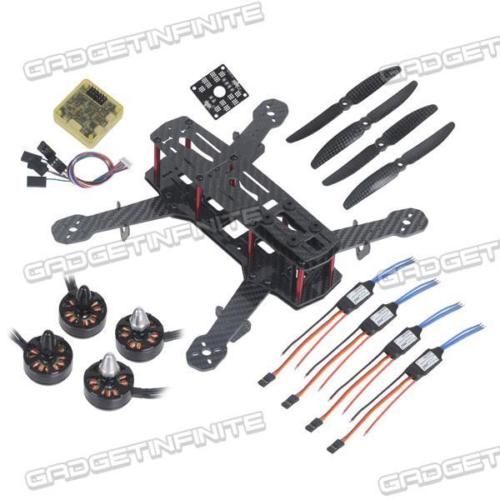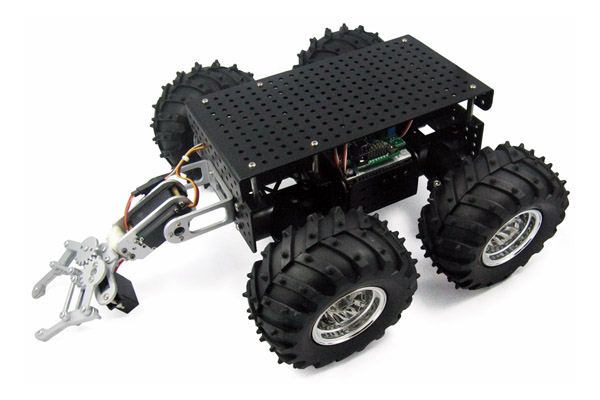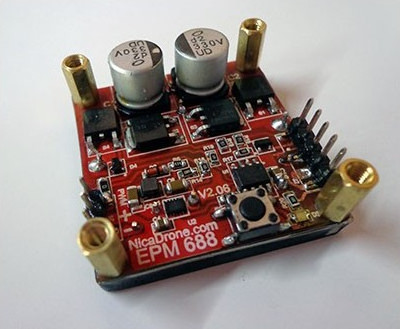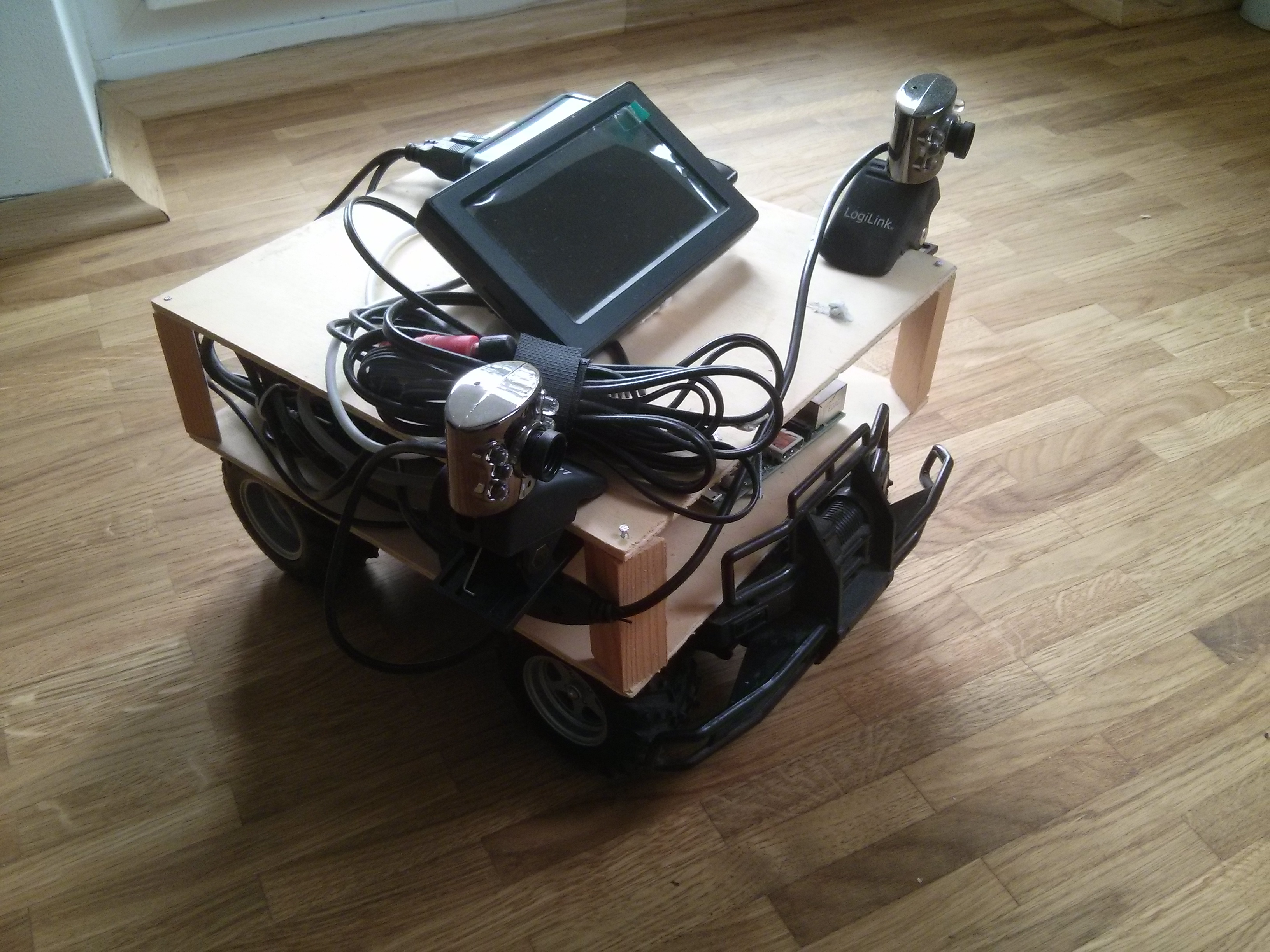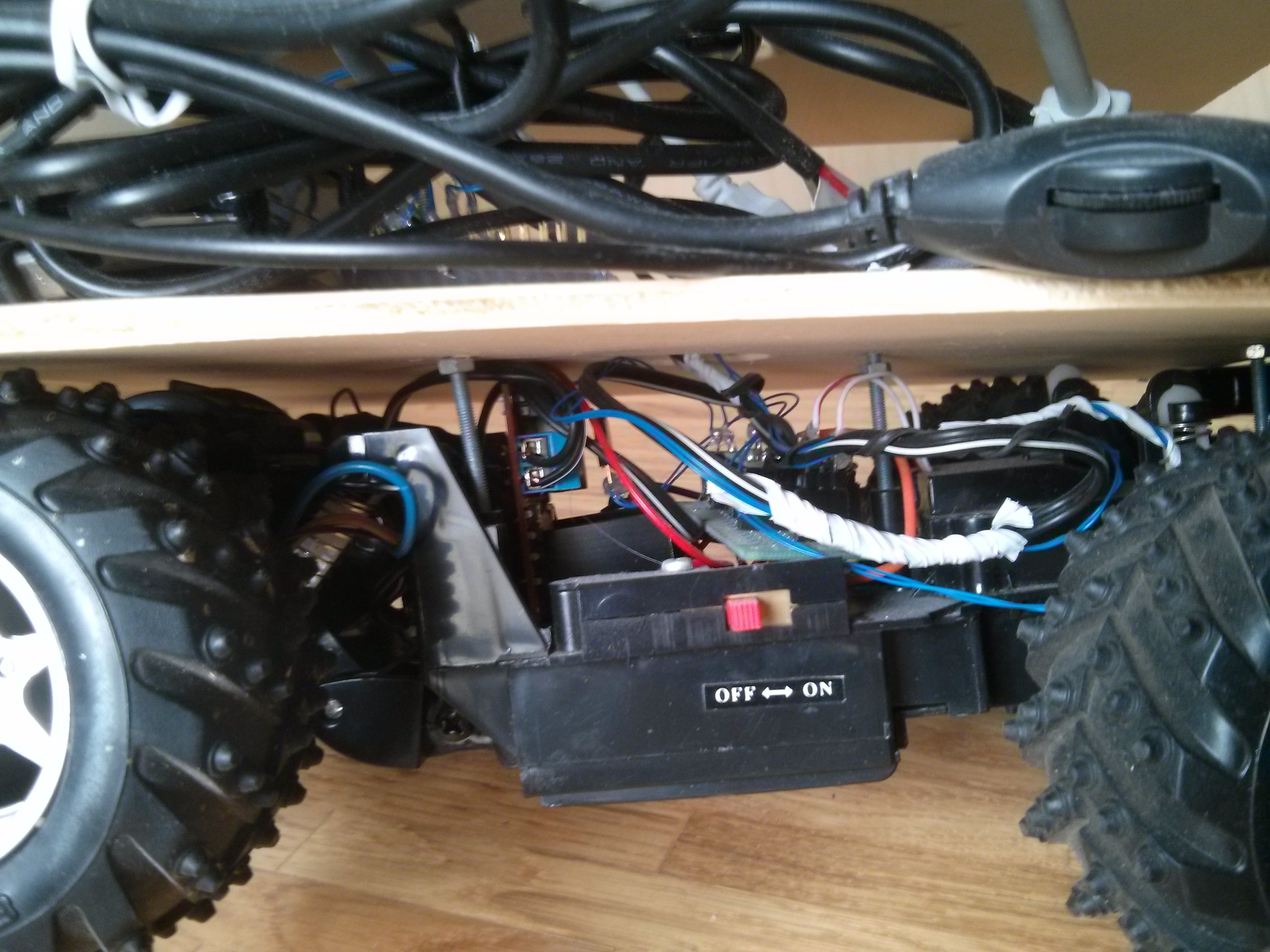Experience & Education
Main Stages
-
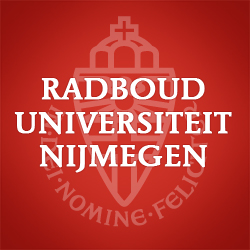
2014-2016
M.Sc. in Mathematics "Applied Stochastics"
Specialisation in probability theory and (Bayesian) statistics, for both theory and application.
since 2015
Working at Startup Trufflebit
Working as Python developer. Text parsing, web development and data visualisation.
-

2013-2015
M.Sc. in Cognitive Science
Specialisation in computational neuroscience, artificial intelligence, robotics and philosophy of mind.
2013-2014
Robotics Studyproject
Making a robot using the elevator to bring a muffin.
Software: ROS, Python, C++. -

2011-2015
B.Sc. in Mathematik/Informatik
Introduction to computer science and mathematics, with focus on probability theory.
2011
Internship Data Experts
Software development in Java.
-

2010-2013
B.Sc. in Cognitive Science
Introduction into neuroinformatics and robotics, neuroscience and biology, psychology, linguistics, computer linguistics and psycho linguistics in particular, philosophy, artificial intelligence and more – in short, cognitive science.

